

In Unani medicine, cardiovascular diseases are often referred to in terms that focus on the balance of the body's vital fluids and humors, especially the Dam (blood), Balgham (phlegm), Safra (yellow bile), and Sauda (black bile). These humors, when in imbalance, can lead to various diseases of the heart and blood vessels.
1. Imbalance of Humors (Akhlat):
Excess Dam (blood): Too much blood in the body, often referred to as Ifrat (excess), can lead to conditions like high blood pressure, and thickening of the blood, which might increase the risk of strokes or heart attacks.
Excess Safra (yellow bile): An excess of Safra can lead to conditions like inflammation, atherosclerosis (plaque buildup in arteries), and hypertension. It can also increase the risk of heart disease due to its stimulating effects on the heart and circulation.
Excess Balgham (phlegm):
Balgham is considered a cold, moist humor. An excess of it can lead to blockages in the blood vessels, leading to poor circulation and increased risk of heart failure and stroke.
Excess Sauda (black bile): An excess of Sauda leads to sluggishness, poor circulation, and an increased tendency for clotting, which can cause heart disease or strokes.
2. Lifestyle Factors (Aadaat):
Lack of physical activity (Kasr-i-Harakat): A sedentary lifestyle leads to poor circulation, which can exacerbate issues with Balgham and Sauda, making the body more prone to cardiovascular diseases.
Stress (Dhawq): Chronic stress can contribute to an imbalance of Safra, leading to inflammation, hypertension, and increased risk of CVD. Unani also links stress to the disturbance of the mental state, which can influence the physical state.
Smoking (Dukhan): Smoking is considered a harmful external factor that negatively affects the balance of the humors and promotes conditions like Safra and Sauda, which can lead to heart diseases.
3. Dietary Factors:
Excessive consumption of hot and spicy foods: Foods that are hot in nature can increase Safra and irritate the heart, causing inflammation and raising the risk of cardiovascular diseases.
4. Hereditary and Genetic Factors (Asbab-i-Warathi): In Unani, like in modern medicine, family history and genetic predisposition are acknowledged as contributing factors. If cardiovascular diseases are prevalent in a person's family, there is a higher risk of similar conditions due to inherited humoral imbalances or tendencies.
5. Age and Gender (Umr aur Jins):
Age: As people age, the balance of humors tends to shift, and the body's ability to regulate circulation and blood pressure diminishes. Older individuals are more prone to an imbalance of Dam and Balgham, leading to increased cardiovascular risk.
Gender: In Unani medicine, it is often noted that women may experience certain cardiovascular risks associated with hormonal changes, such as during pregnancy or menopause. Imbalances in Safra and Dam are common in these stages of life.
-Chest Pain/Angina
-Palpitations
-High Blood Pressure/Hypertension
-Fainting/Light-headedness
-Fatigue or Weakness
-Clotting or Stasis of Blood
-Swelling of Legs and Ankles
-Anxiety
-Indigestion/Abdominal Pain
-Pale Face
Unani treatments for cardiovascular diseases focus on restoring balance to the humors. Some common approaches include:
Herbal remedies: Herbs like Habb-ul-Kodri (Coriander), Habb-ul-Sunnah (Cress seeds), and Safoof-e-Hab-i-Turab (a compound used to balance Dam) are used to improve circulation and strengthen the heart.
Diet and lifestyle modification: Incorporating cooling, nourishing foods and avoiding hot, spicy, or greasy foods.
Therapeutic practices: Cupping (Hijama) and massage are used to balance the humors and improve blood circulation.
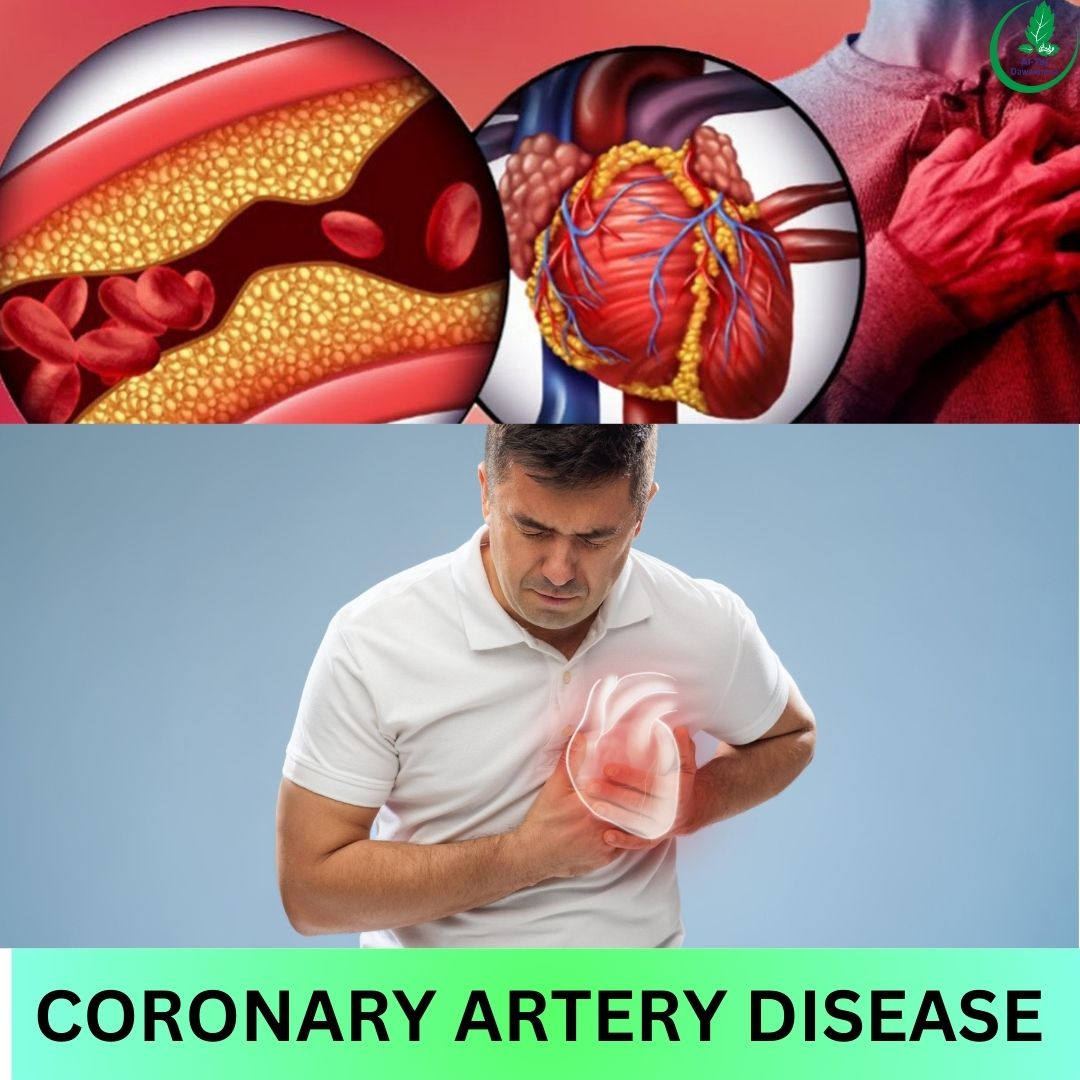
Coronary artery disease (CAD) is a condition where the coronary arteries become narrowed or blocked due to the buildup of plaque. This reduces blood flow to the heart, leading to chest pain, shortness of breath, and potentially a heart attack.
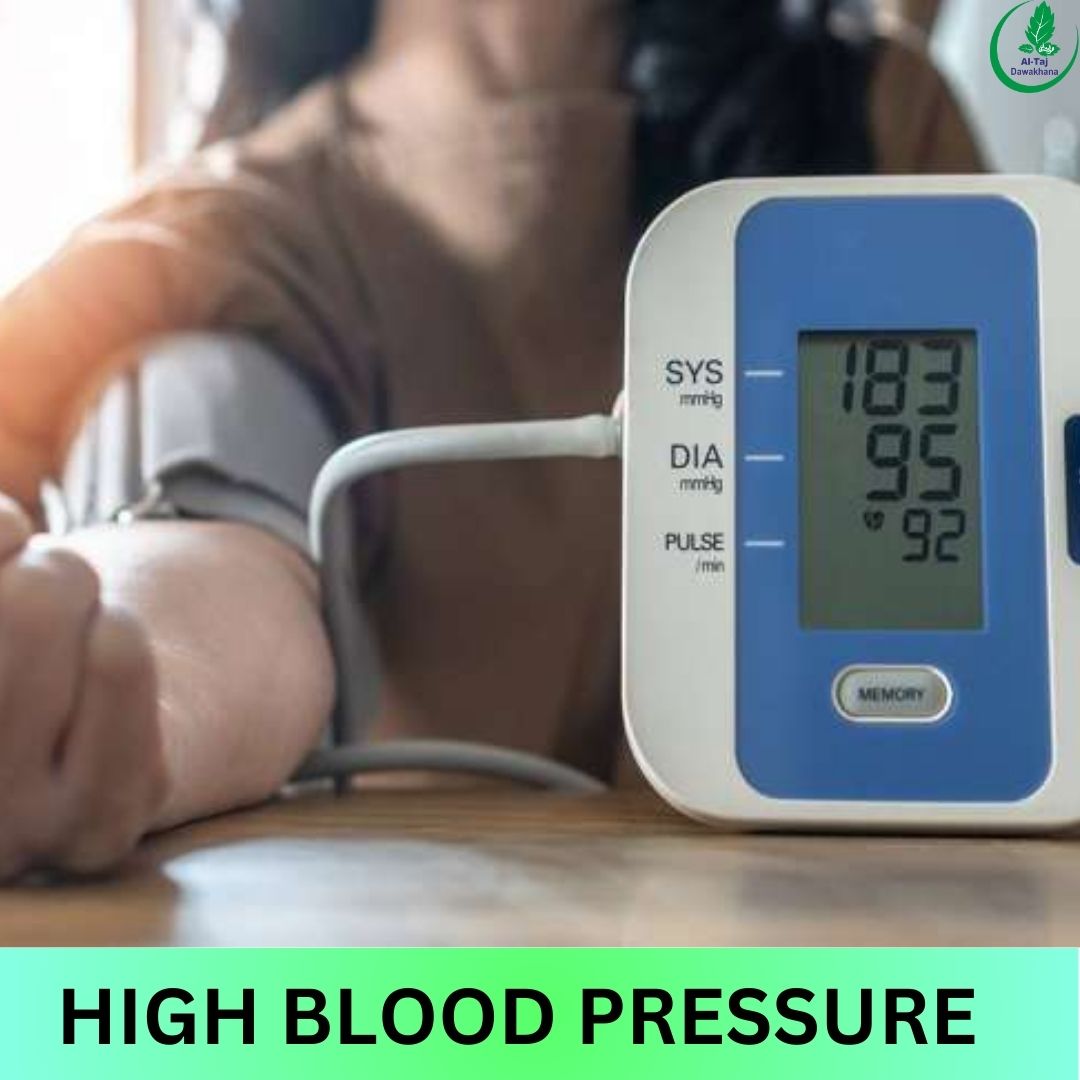
High blood pressure (hypertension) is a condition in which the force of blood against the walls of the arteries is too high. It often has no symptoms but can lead to serious complications such as heart disease, stroke, and kidney damage if untreated

Angina is chest pain or discomfort caused by reduced blood flow to the heart muscle, often due to coronary artery disease. It can be stable, unstable, or caused by a spasm in the arteries.

Palpitations are the sensation of feeling your heart beating, often in a fast, irregular, or forceful way. They are typically harmless and can be triggered by stress, anxiety, caffeine, or physical exertion.
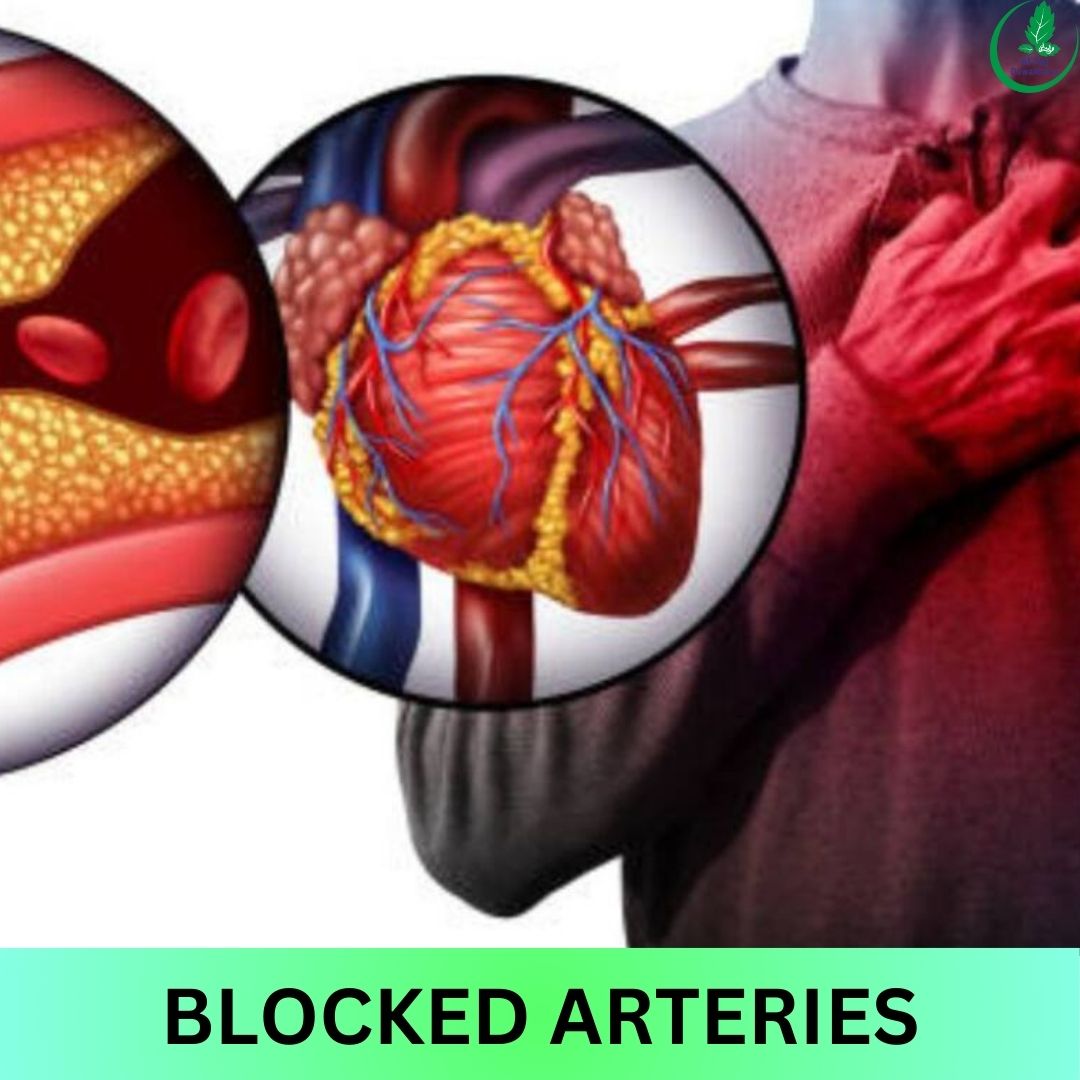
Blocked arteries occur when plaque builds up in the arteries, narrowing and restricting blood flow. This can lead to a variety of serious health problems, including heart disease, stroke, and peripheral artery disease.
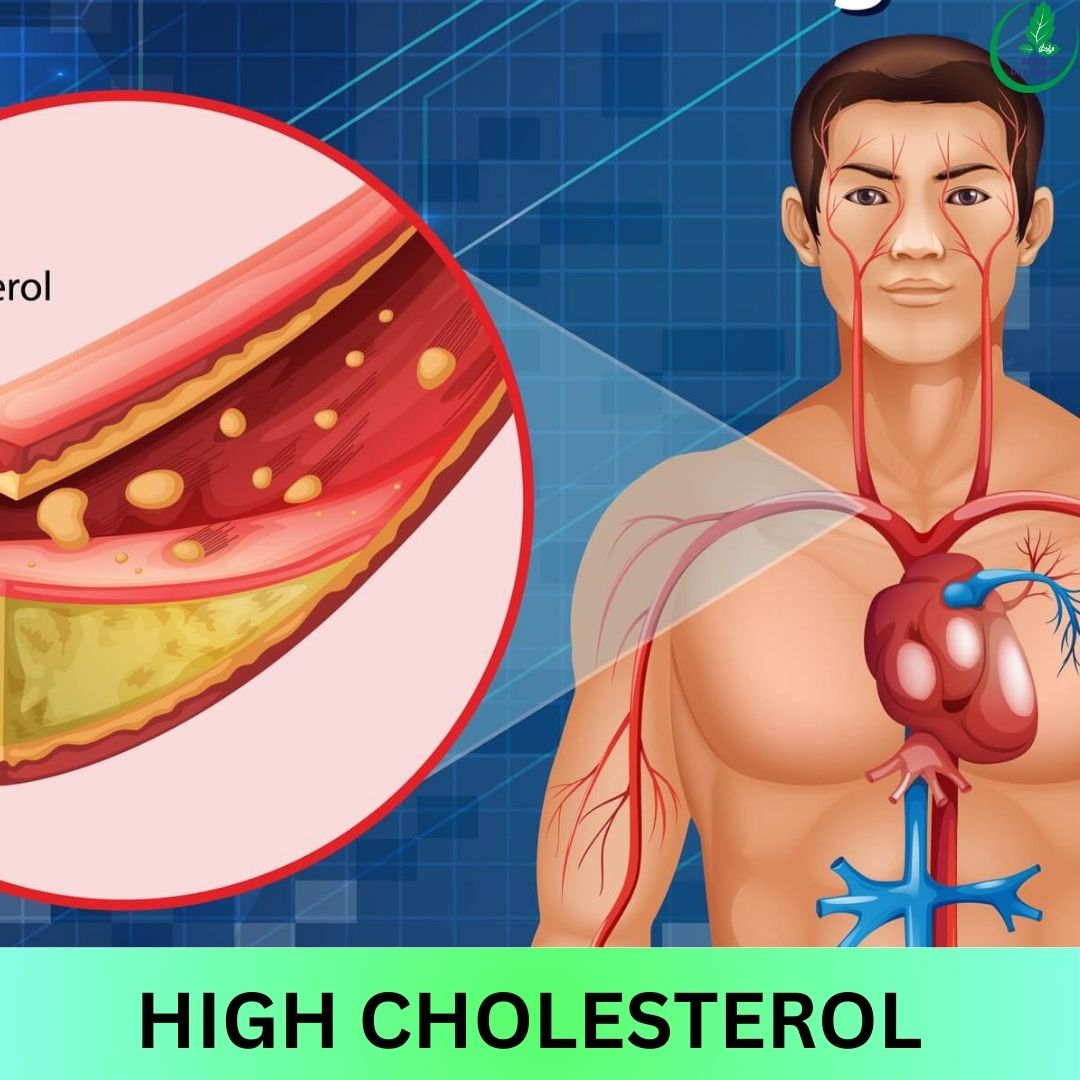
High cholesterol is a condition where thereâs an excess of cholesterol in the blood, primarily caused by unhealthy lifestyle factors or genetics.
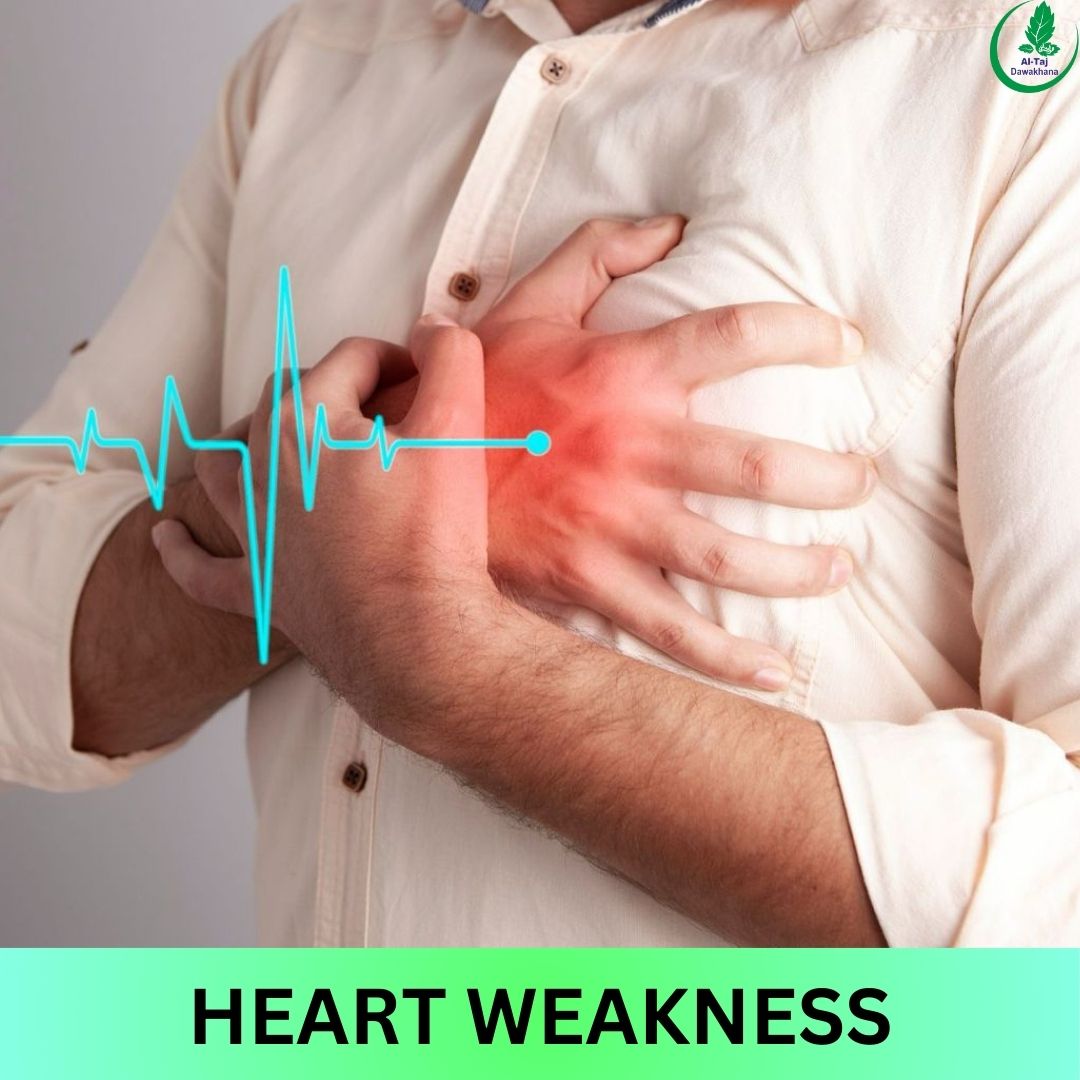
Heart weakness, or heart failure, occurs when the heart is unable to pump blood efficiently due to damage or disease. It can be caused by conditions such as coronary artery disease, high blood pressure, heart attacks, and cardiomyopathy.
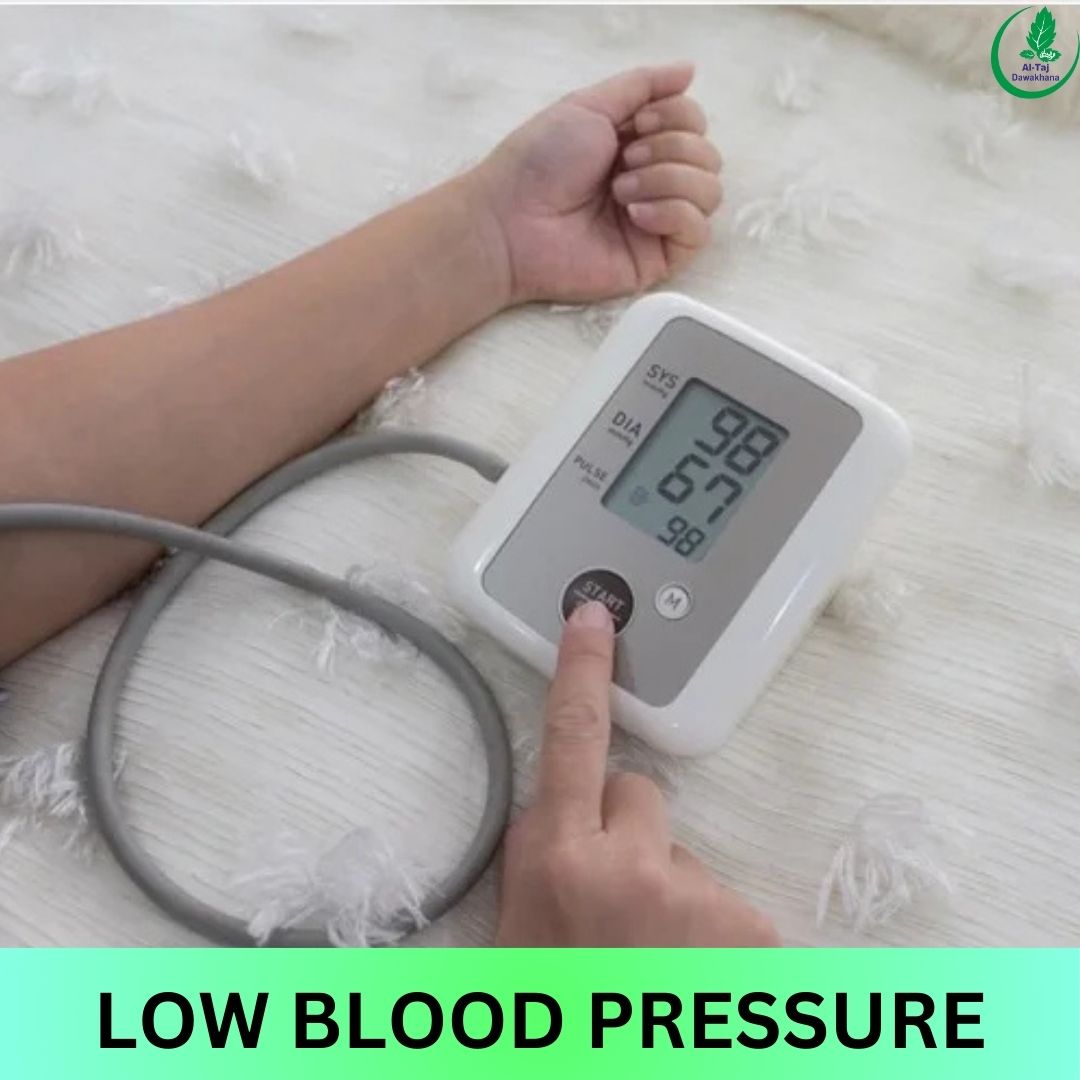
Low blood pressure (hypotension) occurs when the force of blood against the walls of the arteries is too low, which can cause symptoms like dizziness, fainting, and fatigue